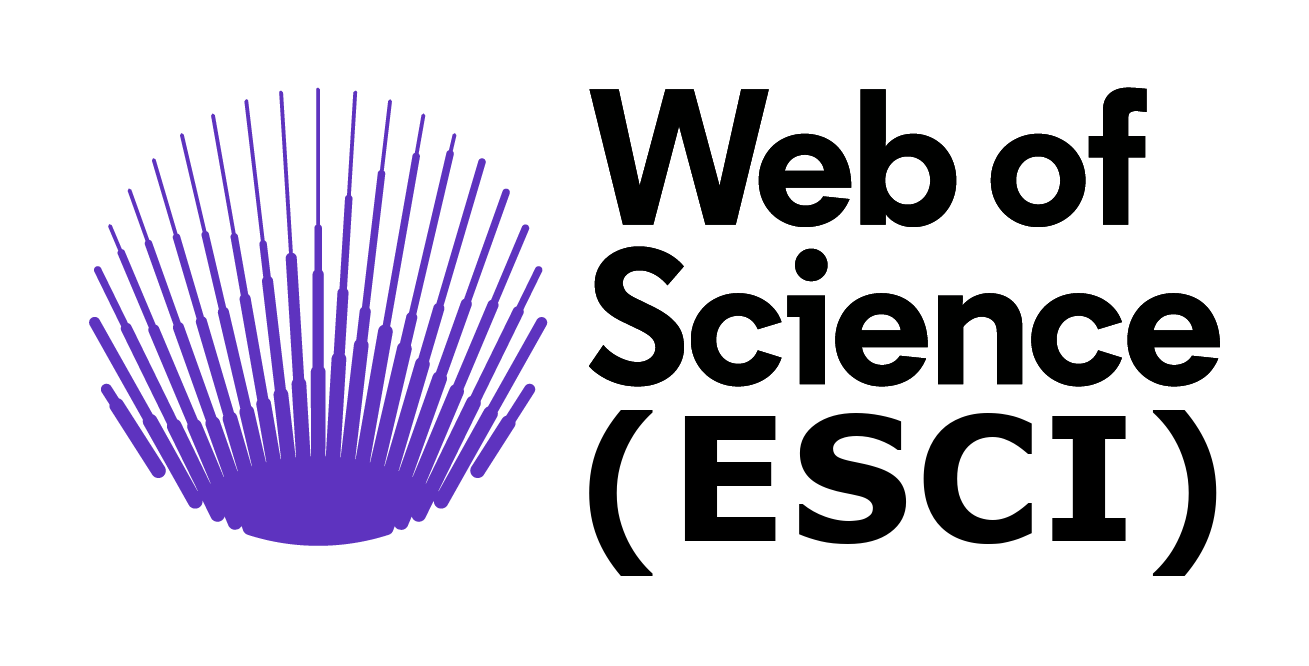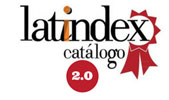Efecto del uso de hidrógeno en la potencia y rendimiento de un motor de combustión interna
DOI:
https://doi.org/10.29019/enfoqueute.v7n4.113Palabras clave:
Hidrógeno, estequiometrías, Otto, potenciaResumen
En el presente estudio se analizaron los parámetros del funcionamiento real de un motor de combustión interna ciclo Otto, que utiliza como combustible hidrógeno más gasolina; se determinaron dos ecuaciones estequiométricas. En la primera ecuación, los reactivos son el octano y el aire, en la segunda ecuación se adicionó la cantidad real de 3.86 moles de H2 obtenidas de una celda de hidrógeno. A partir de las ecuaciones químicas se determinaron dos sistemas de ecuaciones para obtener el consumo y la potencia, manteniendo las condiciones a la altura de Quito de 2850 msnm, 72.794 kPa de presión atmosférica y 300 K de temperatura ambiente. Se utilizó un motor mono cilindro alimentado con hidrógeno más gasolina, y se obtuvieron datos reales de potencia del motor con las mezclas aire-gasolina e hidrógeno-gasolina. La potencia teórica sin H2 fue 3.91 HP y con H2 de 5.41 HP, con un aumento del 27.1%; la potencia real es 3.78 HP sin H2 y 4.66 HP con H2, la cual se incrementó en un 16.7%. El consumo de combustible teórico es 401.61 g/kWh y con adición de H2 es menor a 373.52 g/kWh; el consumo real que indica el fabricante es 395 g/kWh.
Descargas
Referencias
Cengel, Y. (2012). Transferencia de calor y masa (7ma Ed). México: McGrawHill.
Engel, T. (2006). Química Física. Madrid: Pearson Educación S.A.
Payri, F. (2011). Motores de Combustión Interna Alternativos. Barcelona: Reverté.
Águeda, E. (2009). Fundamentos Tecnológicos del Automóvil (1ra Ed.). Madrid: Thomson Editores.
Gutiérrez, L. (2005). El hidrógeno, combustible del futuro. Rev.R.Acad.Cienc.Exact.Fís.Nat. (Esp). V Programa de Promoción de la Cultura Científica y Tecnológica. Vol. 99, Nº. 1, pp 49-67.
Fàbrega Ramos, Marc. (2009) Hidrógeno: Aplicación en motores de combustión interna. Universitat Politècnica de Catalunya. Departament de Ciència i Enginyeria Nàutiques. Cataluña, España.
Casaravilla, G. (2012). Hacia un transporte automotor racional y eficiente: Autos Híbridos y Eléctricos. Montevideo, Uruguay. Proyecto de la Universidad de la República y Facultad de Ingeniería.
Familiar Xaudaró, Crístian. (2011). Inyección de hidrógeno como potencial mejora de los motores actuales. Universitat Politècnica de Catalunya. Departament de Ciència i Enginyeria Nàutiques. Cataluña, España.
Sáiz Casa, David. (2011). Adaptación de un motor de combustión interna alternativo de gasolina para su funcionamiento con hidrógeno como combustible. Aplicaciones energética y de automoción. Universidad Pública de Navarra. España.
Velástegui, S. Jesús, C. Torres, C & Erazo, E. (2015). Obtención de los parámetros característicos del motor Daewoo 1800cc a gasolina con inyección directa de hidrógeno. Universidad de las Fuerzas Armadas ESPE. Departamento de Ciencias de la Energía y Mecánica. Latacunga, Ecuador.
Bennaceur, K. Clark, B. Orr, F. Ramakrishnan, T. & Stout, E. (2005). El hidrógeno: ¿Un futuro portador energético?. Obtenido de https://www.slb.com/~/media/Files/resources/oilfield_review/ spanish05/sum05/p34_47.pdf
Publicado
Número
Sección
Licencia
Los autores retienen todos sus derechos (© copyright).
- Los autores retienen sus derechos de marca y patente, y también sobre cualquier proceso o procedimiento descrito en el artículo.
- Los autores retienen el derecho de compartir, copiar, distribuir, ejecutar y comunicar públicamente el artículo publicado en Enfoque UTE (por ejemplo, colocarlo en un repositorio institucional o publicarlo en un libro), siempre que se dé el reconocimiento de su publicación inicial en la revista Enfoque UTE.
- Los autores retienen el derecho a hacer una posterior publicación de su trabajo, de utilizar el artículo o cualquier parte de aquel (por ejemplo: una compilación de sus trabajos, notas para conferencias, tesis, o para un libro), siempre que indiquen la fuente de publicación (autores del trabajo, revista, volumen, número y fecha).
























